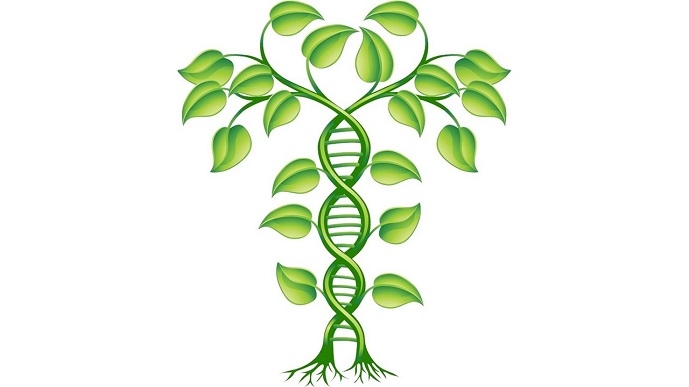Plant Evolution - PlantEvol
Plants represent a large part of biodiversity and are major components of many ecosystems. They also have been keys to agriculture and their importance in human societies should grow in the future. In our group, we study genome and evolution of both wild and cultivated plants. We use an integrated approach involving fieldwork, genomics, bioinformatics, molecular evolution among others.
We develop several lines of research including:
1. The link between molecular and functional evolution, in particular between the evolution of plant (epi)genomes and the functional (phenotypical) innovations. We use both experimental and bioinformatics/molecular evolution approaches. This work has implications for understanding plant genome evolution in general, genome evolution during domestication and for providing tools, resources and concepts that can help crop management:
- We currently have a project on Portuguese grapevines in which we aim at finding (epi)genetic variants associated to drought and heat resistance. The idea is to identify key (epi)mutations that can be used for grapevine improvement in the context of global warming.
- We also apply these approaches to address more fundamental questions as the evolution of the angiosperm flower, in which we aim at understanding this "abominable mystery” (according to Darwin). We use both evo-devo and bioinformatics/molecular evolution to identify key evolutionary changes that happened in the early evolution of angiosperms. We use Amborella tricopoda and other ANITA plants to help us pinpoint these key changes.
2. The evolution of dioecy and sex chromosomes in plants, in which we aim at understanding the evolution of separate sexes in plants and the evolution of sex determination and sex chromosomes. We have been developing non-standard methods to do so and we are now applying them to many dioecious plants. This research has implication for the understanding of the biology of sexes and sex determination in general and also for providing tools for the many dioecious crops that are cultivated. Target species include Silene latifolia and other dioecious silene species, grapevine, cannabis, hop and other cultivated and wild dioecious plants.
Collaborations:
We are currently collaborating with some Portuguese groups: E. Gonçalves and Prof. A. Martins (ISA, Lisboa) and M. Rocheta (ISA, Lisboa) and with several French groups: C. Scutt (ENS Lyon), P. Hugueney (INRAE Colmar), A. Bendahmane (Univ. Paris-Saclay), R. Bacilieri and S. Santoni (INRAE Montpellier), F. Aberlenc (IRD Montpellier), P. Touzet (Univ. Lille) and others. We are connected to French (mainly genomic) platforms (e.g. AGAP, Genotoul, Gentyane, GenomEAST). We also have ongoing collaborations with several European universities (e.g. ETH Zurich, Kew Garden). Our research is part of different international or European networks (e.g. CNRS IRN on Silene research).
